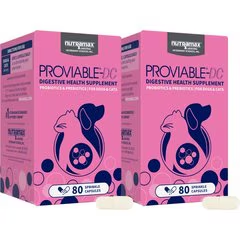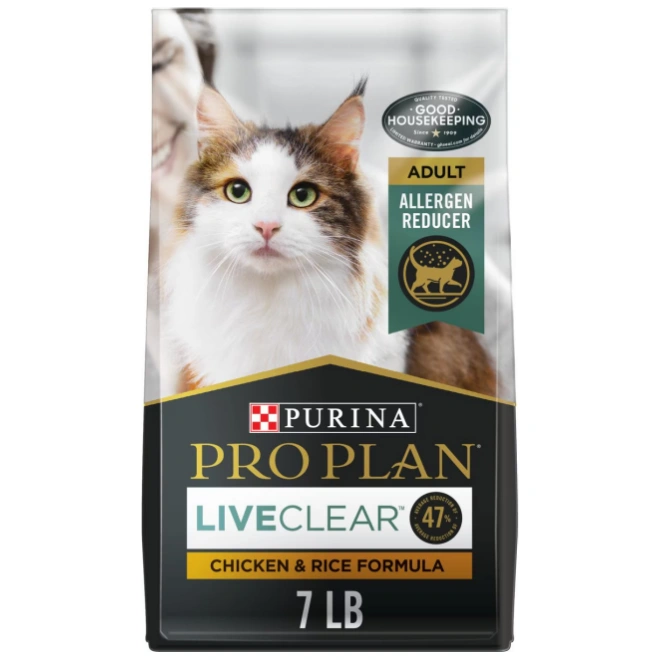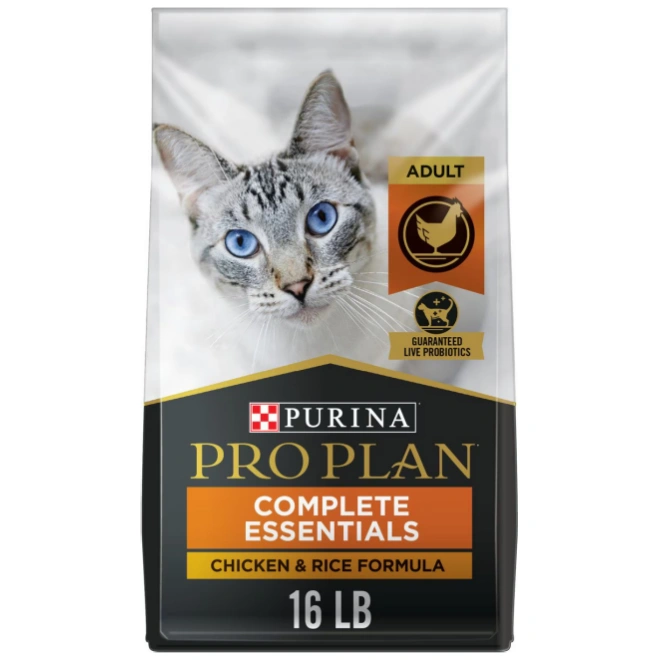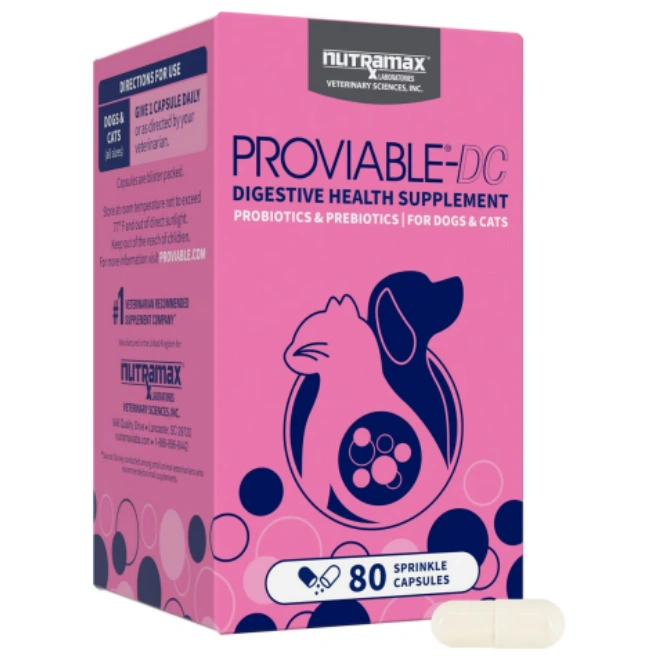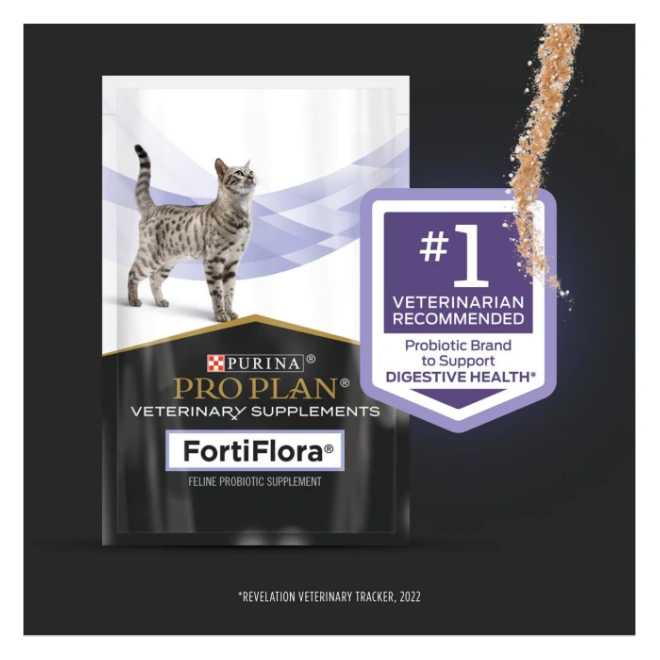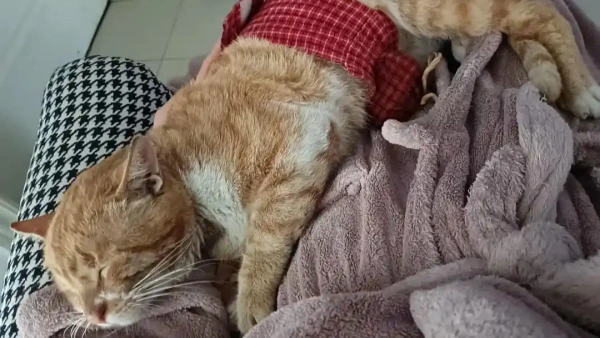Probiotics for Cats with Diarrhea: Does It Help, How to Use and Choose
Cats with diarrhea often worry their owners. Many people wonder if probiotics for cats with diarrhea can really help, which ones to choose, and how fast they'll work. In this guide, we'll explore the benefits, proper dosage, feeding tips, and important precautions to help your cat recover naturally and safely.
Do probiotics help cat diarrhea?
Yes! Probiotics help cat diarrhea by restoring healthy gut bacteria, lowering harmful bacteria, and reducing inflammation. Using cat probiotics for diarrhea may ease discomfort, balance intestinal pH, and even help repair damaged gut lining. While they don't replace medicine, probiotics are a gentle and effective daily support for your cat's digestive health.
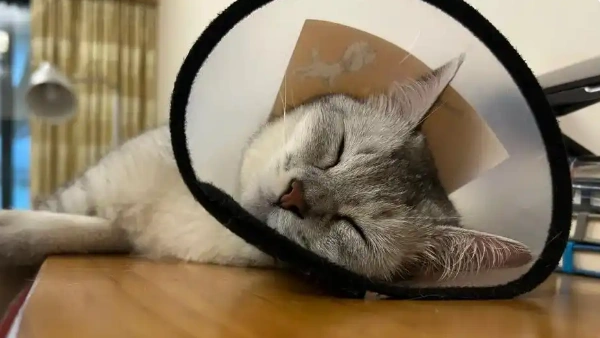
What is best to give a cat with diarrhea?
For mild diarrhea, the best choice is often probiotics for cat diarrhea. They're safer than anti-diarrheal drugs and have fewer side effects. Pair probiotics with easy-to-digest food, like boiled chicken or veterinary diet food, to reduce gut stress. If your cat shows serious signs like fever or blood in the stool, visit a vet immediately instead of relying only on probiotics.
What are the best probiotics for cats with diarrhea?
Choose products containing proven strains like Lactobacillus acidophilus or Saccharomyces boulardii. The best probiotics for cats with diarrhea often list live bacteria counts (like ≥10 billion CFU) and say they’re acid-resistant to survive the stomach. Avoid products with lactose or artificial flavors, which may upset sensitive stomachs.
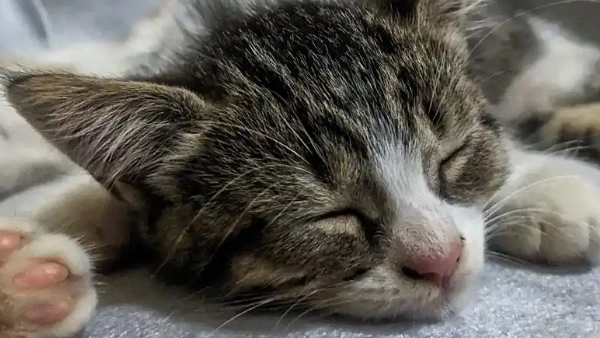
How long do probiotics take to work for cat diarrhea?
Many cats feel better in 2–3 days after starting probiotics for cats with diarrhea. Recovery time depends on the cause of diarrhea and your cat’s health. If symptoms last over five days, see a vet to check for parasites or infections.
What is the right probiotic dosage for cats?
Generally, give about 1 gram per day for cats under 5kg; for larger cats, up to 1.5 grams daily. During acute diarrhea, feed twice daily for 3–5 days. For maintenance, 2–3 times per week is enough. Avoid overdosing, which may cause mild bloating or softer stools.
Everything Our Vets Recommend
Can kittens have probiotics?
Yes! Kittens can take probiotics, especially during weaning or food changes when diarrhea is common. Use half the adult dose or choose a liquid form for easier absorption. Start small, observe for 24 hours, and increase only if your kitten tolerates it well.
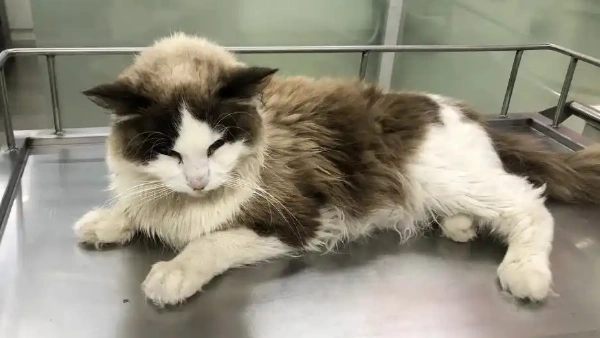
How to give probiotics to cats?
Sprinkle the powder over your cat’s food and mix well. If your cat is picky, add it to wet food or canned food for better taste. Never use hot water (keep under 40°C) as heat kills live bacteria. Also, separate probiotics from antibiotics by at least 2 hours.
How to feed probiotics to cats safely?
Besides mixing into food, you can dissolve the powder in a little warm water and gently feed using a syringe (without the needle). Make sure your cat drinks enough water to keep hydrated. Start with a lower dose and slowly increase so your cat can adapt.
Benefits of probiotics for cats with diarrhea
Quickly reduce harmful bacteria and inflammation
Improve digestion and reduce soft stools
Boost immune defense to prevent future diarrhea
With regular use, probiotics for cats with diarrhea may reduce diarrhea caused by stress, diet changes, or cold weather.
Everything Our Vets Recommend
FAQ - Probiotics for Cats with Diarrhea: Does It Help, How to Use and Choose
Q: Can probiotics help cats with diarrhea?
A: Yes, probiotics help restore healthy gut bacteria and can reduce the frequency of diarrhea.
Q: How do I give probiotics to my cat?
A: Mix the recommended dose into wet food or use veterinary-approved capsules or powders.
Q: What should I look for when choosing probiotics for cats?
A: Choose products with clinically studied strains, proper CFU count, and veterinarian approval.
Precautions when using probiotics for cats
Watch for signs of vomiting or worsening diarrhea and stop use if these appear
Store in a cool, dry place to keep bacteria alive
Probiotics are only for mild diarrhea — see a vet immediately if your cat has blood in the stool, fever, or seems very weak
Conclusion
Probiotics for cats with diarrhea are gentle, safe, and helpful. They ease diarrhea, restore gut balance, and strengthen immunity. But always choose the right strains, control dosage, and monitor your cat’s response. Remember, probiotics aren’t a cure-all — if diarrhea is severe or doesn’t improve, take your cat to the vet promptly to protect their health and comfort!
For more related tips, see our article on cat vomiting and diarrhea and cat vomiting diarrhea.
You May Like:
- Skin Mites on Cats: Pictures, Symptoms, Causes & How to Treat Them
- How to Potty Train a Cat: Simple Guide to Litter Box & Toilet Training
- Symptoms of Congestive Heart Failure in Cats
- How to Potty Train a Cat: Step-by-Step Guide for a Clean and Happy Home
